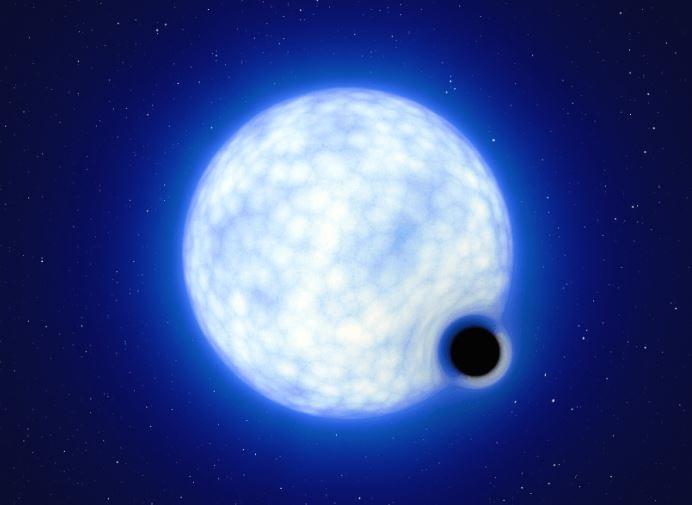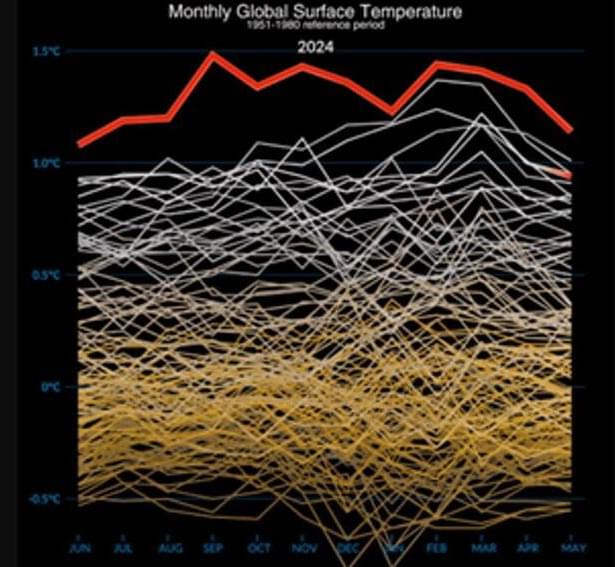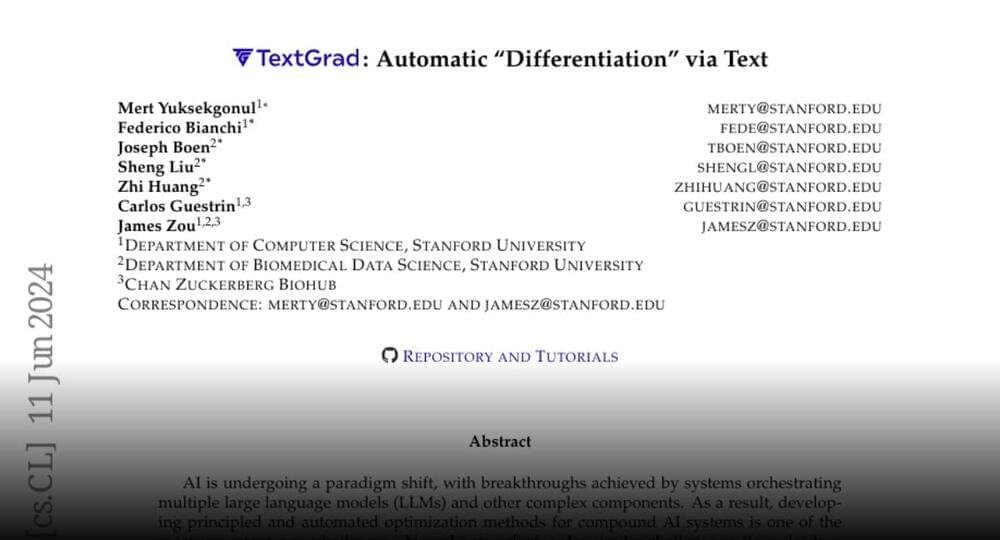Jun 12, 2024
AI discovers new rare-earth-free magnet at 200 times the speed of man
Posted by Genevieve Klien in categories: drones, robotics/AI, sustainability
As some entities identify new (or at least overlooked) sources to meet the growing demand for rare earth materials, others are looking toward new tools. UK deep-tech company Materials Nexus announced on Tuesday that it has designed a new rare-earth-free permanent magnet with the help of its AI platform. It says the AI-driven discovery and development process was 200 times faster than the resource-intensive manual route, bringing new hope to an electrifying world with a growing appetite for powerful magnets.
With the world moving away from internal combustion engines and gradually embracing electric mobility, the demand for compact, high-power motors is rapidly rising. By far the most popular option in the automotive industry right now is the permanent magnet motor, which powers upward of 80% of modern electric vehicles.
Materials Nexus estimates that demand for permanent magnets will grow tenfold by 2030, in the EV industry alone. And it’s not just electric cars and trucks, either. Permanent magnet motors are in demand for many applications, including robotics, drones, wind turbines and HVAC equipment.


















